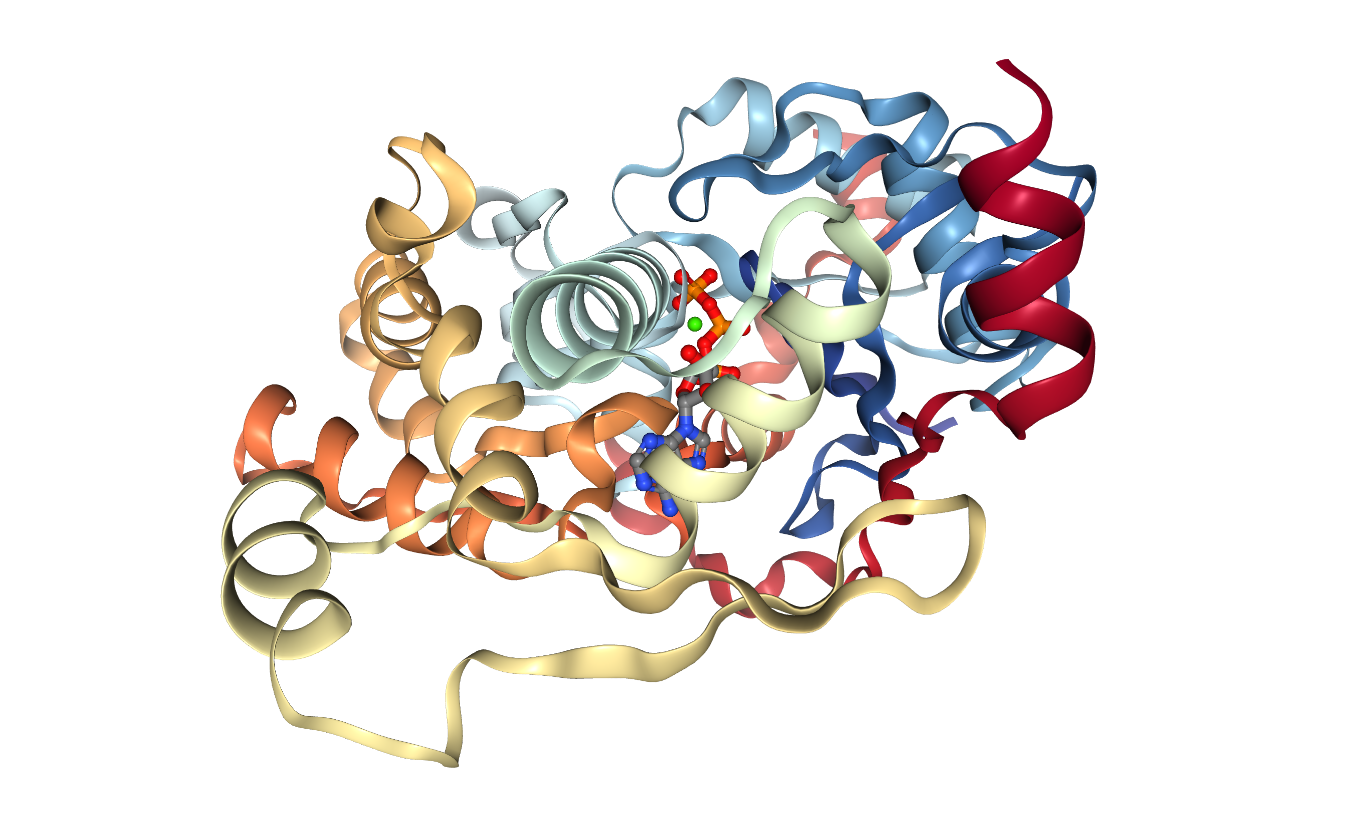Thymus peptides – thymosin β4
The thymosin β4 is a highly conserved peptide, isolated from bovine thymus tissue over 25 years ago.
Tβ4 is present in most cells and tissues. It can be found at high concentration in platelets, neutrocytes, macrophages and in lymphatic tissues; therefore, it plays an important role in the organism’s immune response. Tβ4 stimulates maturation of lymphocytes (cells of the immune system), causing expression of important receptors on the surface of those cells.
Tβ4 also induces secretion of lymphokines: a subset of cytokines produced by lymphocytes. Cytokines are a family of proteins influencing growth, proliferation and excitation of cells taking part in the immune response.
Among many physiological functions of Tβ4 of particular interest is its ability to modulate the organisation of actin (primary structural protein of the cytoskeleton), which directly translates to embryonic stem cells’ ability to retain shape, elasticity and mobility.
Research has shown, that Tβ4 is expressed in the heart during its development. It has been established, that Tβ4 stimulates migration of cardiomyocytes (muscle cells of the heart) and endothelium (highly specialized lining of blood and lymphatic vessels) as well as playing a significant role during all key developmental phases of the coronary blood vessels: vasculogenesis, angiogenesis and arteriogenesis. Findings suggest, that Tβ4 could have significant therapeutic potential for protection of the heart muscle and improving the survival of cardiomyocytes during acute stage of coronary artery disease.
